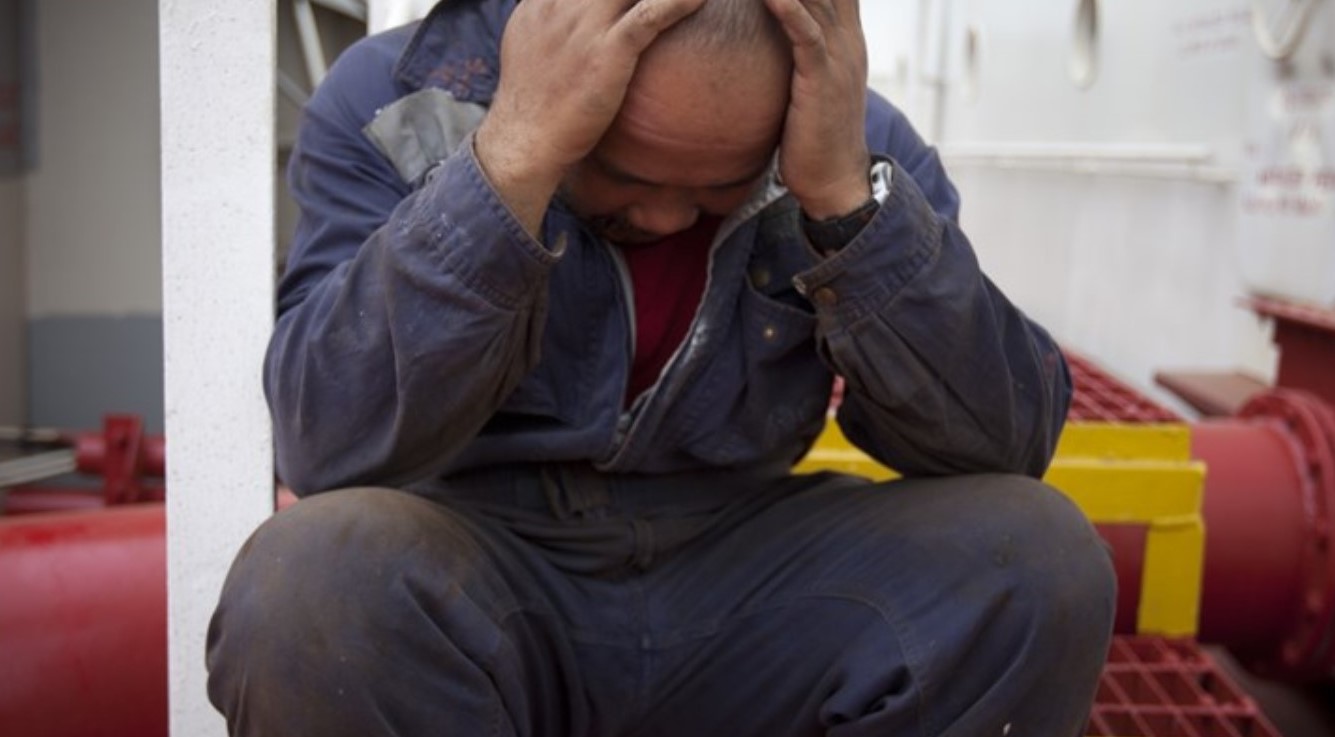World Toilet Day, with its impactful slogan, highlighted the plight of billions lacking modern sanitation.
Similarly, amid the plethora of international observances, the Day of the Seafarer stands out, but its significance often gets lost. Despite high-profile endorsements from figures like UN Secretary-General António Guterres and shipping executives, the deeper issues faced by seafarers remain inadequately addressed.
The Visible Acknowledgement
Publicly, the contributions of seafarers are celebrated. These workers are hailed for their resilience and essential role in maintaining global supply chains, crucial for both food and energy. Without seafarers, global trade would falter, leading to widespread starvation and energy crises. This appreciation is echoed in numerous statements, videos, and social media posts highlighting their indispensable role.
The Hidden Struggles
However, these acknowledgements often omit significant challenges faced by seafarers. Over 400 unresolved cases of ship abandonment have left thousands unpaid or stranded over the past two decades. Fraudulent certification scams further complicate their professional lives, and there is a lack of institutional support to navigate these issues. Additionally, many vessels operate under falsely flagged states, undermining international regulations designed for safe and legal shipping.
Neglect and Systemic Issues
Governments frequently exhibit institutional negligence, failing to thoroughly investigate maritime casualties, leading to repeated fatalities. The criminalization of crew members in pollution incidents is another harsh reality. Efforts to address gender imbalance and diversity in the sector have yielded little progress, despite longstanding programs. Moreover, sanctions have inadvertently fostered a fleet of unregulated ships, compromising hard-won safety standards.
External Threats and Inconsistent Responses
External threats to seafarers are also significant. Houthi rebels have launched numerous attacks on merchant ships in the Red Sea, causing substantial damage and loss of life. While international condemnation of these attacks is strong, with calls for seafarers' protection, the response often falls short of taking effective action. Despite the risks, shipping traffic through dangerous zones like the Bab el Mandeb remains unchanged, highlighting a disconnect between rhetoric and reality.
Call for Genuine Action
The International Transport Workers’ Federation has called for a diversion of ships until security can be assured, a measure that has received some sympathy. However, the broader industry response has been tepid, with many executives continuing to send ships into perilous waters despite the evident dangers.
A Shift from Slogans to Action
This year's Day of the Seafarer slogan, “Navigating the Future – Safety First,” is criticized for its vagueness. Meaningful change requires more than slogans; it demands concrete actions to improve safety and address the myriad issues seafarers face. The industry needs to follow the example of impactful campaigns like World Toilet Day, demonstrating genuine commitment and practical support for seafarers' welfare.
Conclusion
Expressions of solidarity and condemnation, while important, are insufficient on their own. To truly honor and protect the seafaring community, the maritime industry and governments must take decisive actions that go beyond mere words. This involves addressing abandonment, fraudulent practices, inadequate investigations, and external threats through concrete measures. Only then can we ensure the safety and well-being of the millions of seafarers who keep global trade afloat.





